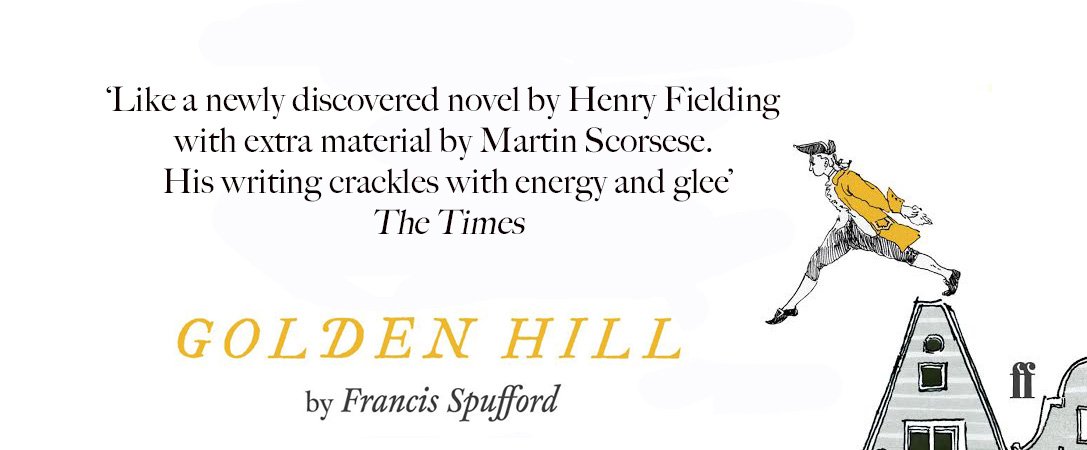“Come Gentle and simple, come, high born and low,
Come see, Mother London, her great raree show.
In lame beggar’s mile round about Temple Bar
I promise more wonders and marvels by far
Than ever you’d see in a year and a day
In Prester John’s Kingdom or fabled Cathay,
And there’s never a penny, a penny to pay.”
- Chaunting Nick Swyane (Aka James S Montgomery)
I was expecting this review to either be of Voltaire’s ‘Candide’ or a late eighteenth century sequel to ‘Rasselas’ called ‘Dinarbas’. Instead, I shall look at a completely unknown book from 1929 called ‘The Virtue of this Jest’.
I picked this up at the book-swap at Willesden Green Tube station. I was attracted by the title, then the map of (eighteenth-century) London on the endplates. I was sold on the book where the blurb described itself as ‘second to none in the literature of rascality’.
The book also features one of my favourite ever dedications;
‘To Millie, who said, “If you publish this book, I shall lose all of my respectable friends. Go ahead.” - a finer example of its type, I doubt can be found.
We then get started.
The book tells the story of ‘Chaunting Nick Swayne’, a fictional Grub Street poet of the grubbiest kind. Nick has three fathers and two mothers, the second of these is Mother London and she teaches him all her little ways. We follow Nick through all his underground haunts, his company of beggars, his tricks and connivances and we meet Mab, the love of his life.
Nick is good company, he’s a naive, good-natured poet with the confidence to trick people but no willingness to actually do harm. He is tempted by the beggar’s life, as described by the beggar-philosopher, Tom Steptoe but is pulled by a burning ambition within him to do something with his life.
This something (and the main ‘plot’ part of our novelistic experience) turns up in the last third of the book where a chance encounter with a not quite highwayman leads him to lend his poetic talents to the service of Bonnie Prince Charlie. First he creates various anonymous Grub Street swipes at the Whigs and the so-called Tories who sing songs for the Stuarts but doesn’t actually do anything. Then he concocts an ingenious plan to gather the beggars together into an army in the name of beggar-emperor Cock Lorrel. The intention being that the beggar army will take and hold London for the Stuarts when the time is right.
Things go array and Nick and his co-conspirators are caught. We are given a brilliant chapter where his friend Blueskin (no relation to Jonathan Wilde’s enemy) goes to the gallows. This chapter doesn’t do what ‘Slammerkin’ did and try and makes us sorry for Blueskin, instead it follows ‘The Beggar’s Opera’ track where, “The youth on the cart hath the air of a Lord, and we cry, there dies an Adonis’. It ramps up the party atmosphere, the notion that a proper hanging day, complete with self-aggrandising ballad, is the apotheosis of the criminal career - not the sad swinging out of this world but an ascension into criminal legend… a fate Nick doesn’t share as he is snuck out of Newgate on the last page.
The plot is light; the first two thirds give us a series of cons and colourful characters for Nick to interact with before the ’45 stuff gets going - but the characters are great. From Tom Steptoe, a Buddah of a beggar, to Listening Jem the bar man, to Mab, to Nick himself, we are always in good company.
Also, it makes up the lack of plot by being very, very entertainingly written. Almost every page has at least one quotable sentence that delights in its sly wit, irony, or playfulness. Where ‘Golden Hill’ used a canting dictionary to bludgeon some eighteenth-century into the book, this book uses it as a ribbon to decorate and tie the thing together.
James S Montgomery was a poet and the comic poems are fun and well written but it’s his narrative voice that wins the most. I can’t find any other novel written by him, but I’d love to see one. He nails the slippery, ‘say-what-is-not’, playful approach that my favourite eighteenth century writers approached the page and the world, and it is wonderful.
- On a side note, it was a very instructive book for me, having written my own novel in an eighteenth century style about a naive poet getting sucked into London’s criminal underworld. I shall definitely read this again before I go redrafting through ‘Odes to the Big City’.





